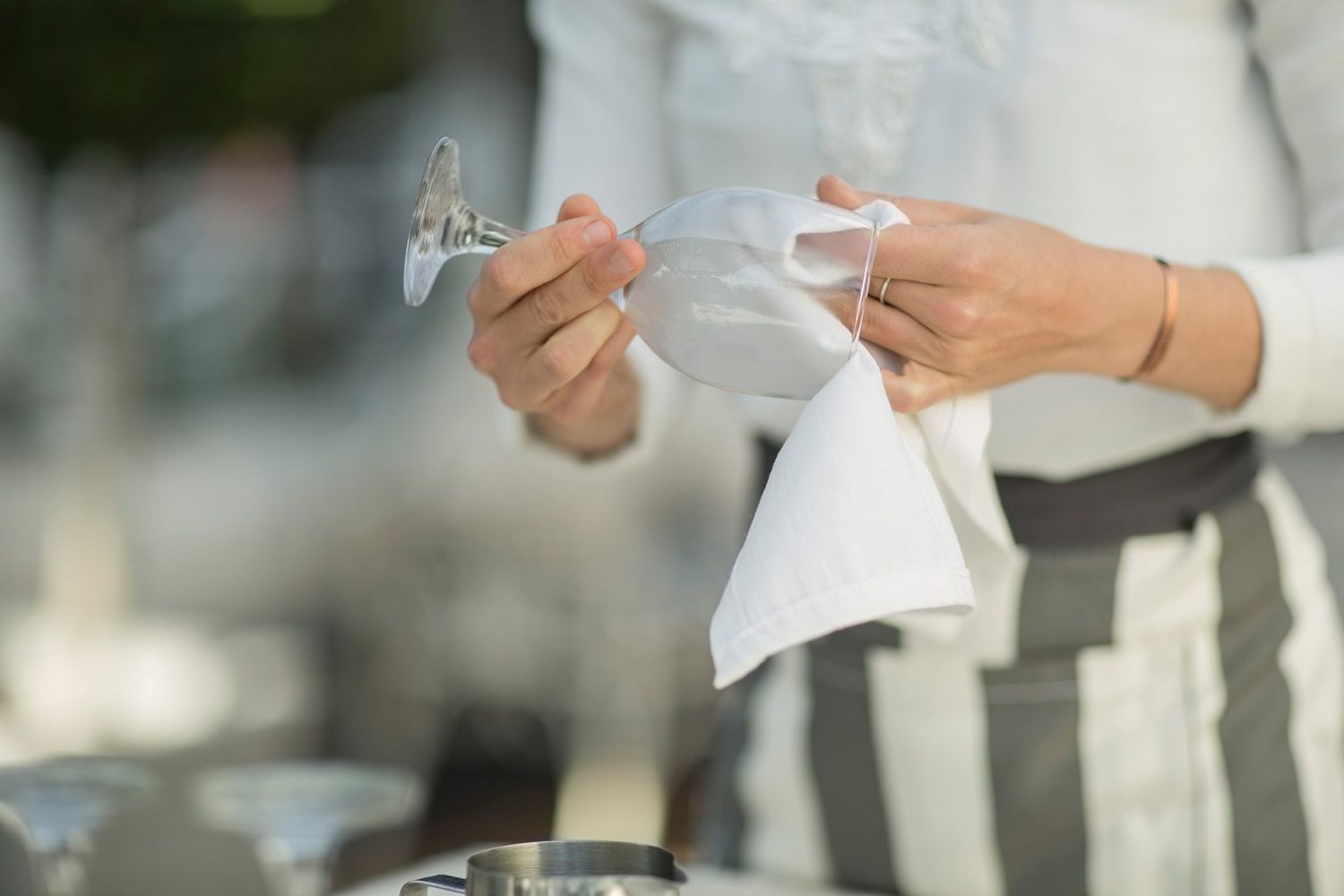

Tableware
How To Polish Glassware
Modified: January 9, 2024
Learn how to polish your tableware and make it shine like new with these simple steps. Protect your glassware from scratches and maintain its pristine appearance.
(Many of the links in this article redirect to a specific reviewed product. Your purchase of these products through affiliate links helps to generate commission for Storables.com, at no extra cost. Learn more)
Introduction
When it comes to tableware, glassware is an essential component of any dining experience. Whether it’s elegant crystal stemware for a formal dinner or everyday drinking glasses for casual meals, keeping your glassware polished and pristine is key to creating a visually appealing table setting.
However, over time, glassware can become dull, stained, and covered in unsightly hard water spots. This can diminish the overall appearance of your tableware and make it look less inviting. To restore the shine and luster of your glassware, a regular polishing routine is essential.
In this article, we will guide you through the process of polishing glassware, step by step. We will explore the tools and materials you will need, as well as provide tips and tricks to help you maintain that sparkling shine.
Key Takeaways:
- Restore the Brilliance: Regularly polish glassware using simple tools and materials to remove stains and hard water spots, and apply polish for a sparkling, elegant table setting.
- Maintain the Shine: Hand wash, handle with care, and store properly to extend the lifespan of glassware and retain its lustrous appearance for years to come.
Read more: How To Identify Glassware
Tools and Materials Needed
Before diving into the glassware polishing process, it’s important to gather the necessary tools and materials. Here’s what you’ll need:
- Gentle dishwashing liquid
- Soft-bristle brush or sponge
- White vinegar or lemon juice
- Cotton or microfiber cloth
- Glass polishing compound or toothpaste
- Soft cloth or polishing mitt
These tools and materials are readily available and will help you effectively clean, remove stains, and polish your glassware to perfection.
Cleaning the Glassware
Before you can begin polishing your glassware, it’s important to give it a thorough cleaning to remove any dirt, grime, or food residue. Follow these steps to clean your glassware:
- Fill a sink or basin with warm water
- Add a few drops of gentle dishwashing liquid to the water
- Place the glassware in the soapy water and let it soak for a few minutes to loosen any stuck-on debris
- Gently scrub the glassware with a soft-bristle brush or sponge, paying extra attention to the rims and bottoms
- Rinse the glassware thoroughly with warm water to remove any soap residue
- Inspect the glassware to ensure it’s free from dirt and grime
Once your glassware is clean, you can move on to removing any stains or hard water spots that may have developed over time.
Removing Stains and Hard Water Spots
Stains and hard water spots can be challenging to remove from glassware, but with the right techniques, you can restore their pristine appearance. Here’s how to tackle these common issues:
- For stubborn stains, create a mixture of equal parts white vinegar or lemon juice and water.
- Soak a cotton or microfiber cloth in the solution and gently rub it on the stained areas of the glassware.
- For hard water spots, apply undiluted vinegar or lemon juice directly to the affected areas.
- Allow the solution to sit on the glassware for a few minutes to dissolve the minerals.
- Gently scrub the spots with a soft-bristle brush or sponge until they disappear.
- Rinse the glassware thoroughly with warm water to remove any residue.
If the stains or hard water spots persist, you can try using a glass polishing compound or even toothpaste. Apply a small amount to a damp cloth and gently rub it onto the affected areas. Rinse the glassware thoroughly afterward.
By using these techniques, you can effectively remove stains and hard water spots, giving your glassware a clean and pristine look.
Use a mixture of white vinegar and water to clean and polish glassware. Simply spray the solution onto the glass and wipe it clean with a microfiber cloth for a streak-free shine.
Applying the Polish
Once your glassware is clean and free from stains, it’s time to apply the polish to enhance its shine. Here’s how to do it:
- Choose a glass polishing compound specifically designed for glassware. Alternatively, you can use toothpaste as a budget-friendly alternative.
- Apply a small amount of the polish to a soft cloth or directly onto the glassware surface.
- Gently rub the polish onto the glassware in circular motions, covering the entire surface.
- Pay close attention to any areas that may have scratches or dull spots, as the polish can help diminish their appearance.
- Allow the polish to sit on the glassware for a few minutes to effectively remove any remaining imperfections.
- If using toothpaste as a polish, rinse the glassware thoroughly under warm water to remove any residue.
Applying the polish will help remove any fine scratches or imperfections and bring out the natural shine of the glassware. Once you’ve completed this step, it’s time to buff and shine the glassware to perfection.
Read more: How To Store Glassware
Buffing and Shining the Glassware
After applying the polish, it’s time to give your glassware that final touch to achieve a brilliant shine. Follow these steps to buff and shine your glassware:
- Take a clean, dry, and soft cloth or a specialized polishing mitt designed for glassware.
- Gently and carefully buff the glassware in circular or back-and-forth motions.
- Focus on one piece at a time, ensuring thorough coverage for a consistent shine.
- Continue buffing until you notice the glassware starting to sparkle and shine.
- Inspect the glassware from different angles to ensure you have achieved the desired level of shine.
- Repeat the process for all the glassware in your collection.
Keep in mind that some glassware, such as crystal stemware, may benefit from hand-drying with a lint-free cloth to prevent water spots. However, for regular glassware, the buffing process should be sufficient to achieve a stunning shine.
Once you’ve completed the buffing and shining process, step back and admire your beautifully restored and sparkling glassware. It’s now ready to take center stage on your dining table or be admired by your guests at your next special occasion.
Tips and Tricks for Maintaining the Shine
Now that you’ve invested time and effort into polishing your glassware, you’ll want to maintain its shine for as long as possible. Here are some tips and tricks to help you keep your glassware looking pristine:
- Hand wash your glassware instead of using a dishwasher. The high heat and harsh detergents in dishwashers can cause cloudiness and damage to the glassware.
- Use a soft-bristle brush or sponge when hand washing to avoid scratching the glassware.
- Avoid using abrasive cleaners or scrubbing pads, as they can damage the glass surface.
- Wipe the glassware dry immediately after washing to prevent water spots from forming.
- Store your glassware in a cabinet or display case to prevent dust and dirt buildup.
- Handle your glassware with care to avoid accidental drops or bumps that can cause chips or cracks.
- For long-term storage, wrap each piece of glassware in acid-free tissue paper to protect it from scratches.
- Regularly inspect your glassware for any signs of damage or wear. Replace any pieces that are cracked or chipped.
- Consider using soft drink coasters or placemats to protect your glassware from scratches or stains caused by contact with hard surfaces.
- Lastly, enjoy your glassware! Use it frequently and savor the special moments shared with family and friends.
By following these tips, you can extend the lifespan of your glassware and retain its shiny appearance for years to come.
Conclusion
Tableware plays an important role in creating a visually appealing dining experience, and glassware is a crucial component of that. By regularly polishing your glassware, you can restore its shine and bring elegance to your table setting.
With the simple tools and materials outlined in this article, you can easily clean, remove stains, and polish your glassware to perfection. Remember to take your time and pay attention to detail while following the steps provided.
Additionally, by following the tips and tricks for maintaining the shine, you can ensure that your glassware remains beautiful and lustrous for years to come. Take care of your glassware, handle it with care, and store it properly to protect it from damage and keep it looking its best.
So, whether you are hosting a formal dinner party or enjoying a casual meal at home, take pride in serving your beverages in sparkling and pristine glassware. Your guests will surely appreciate the attention to detail and the elegant touch it adds to the overall dining experience.
Now, with your newfound knowledge, go ahead and start polishing your glassware. Embrace the craftsmanship and beauty of your tableware, and let it shine with brilliance on every occasion.
Frequently Asked Questions about How To Polish Glassware
Was this page helpful?
At Storables.com, we guarantee accurate and reliable information. Our content, validated by Expert Board Contributors, is crafted following stringent Editorial Policies. We're committed to providing you with well-researched, expert-backed insights for all your informational needs.
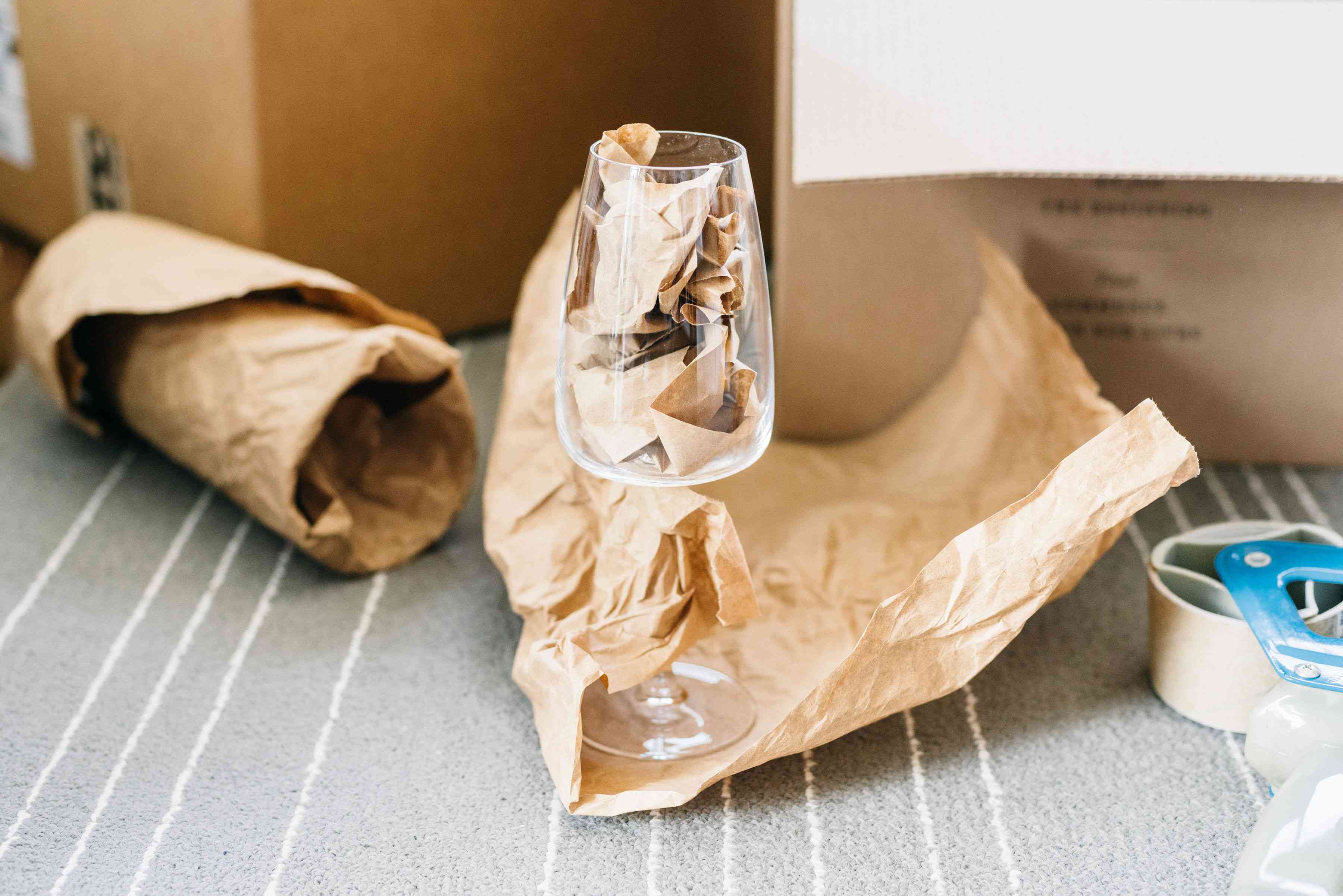
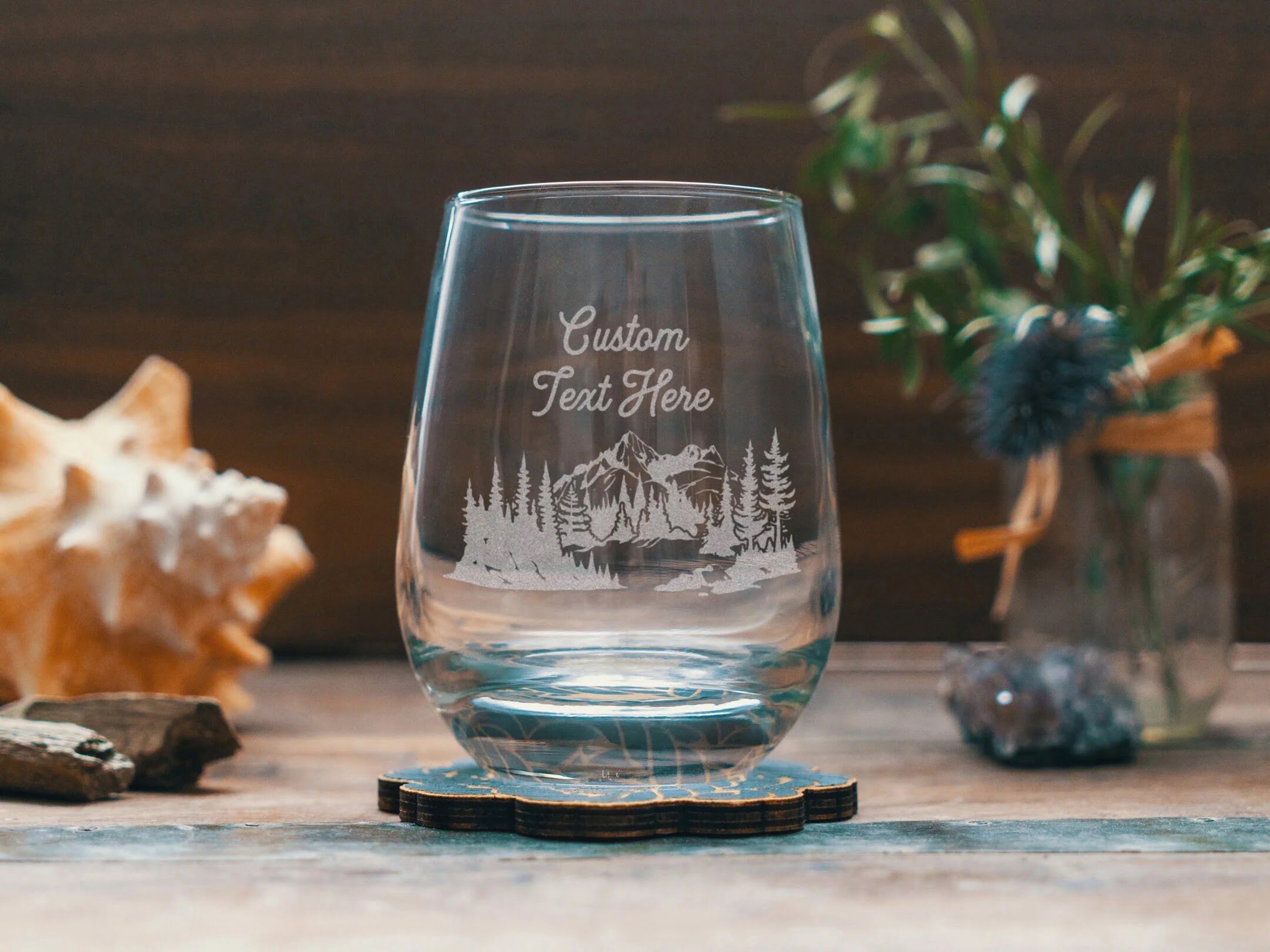
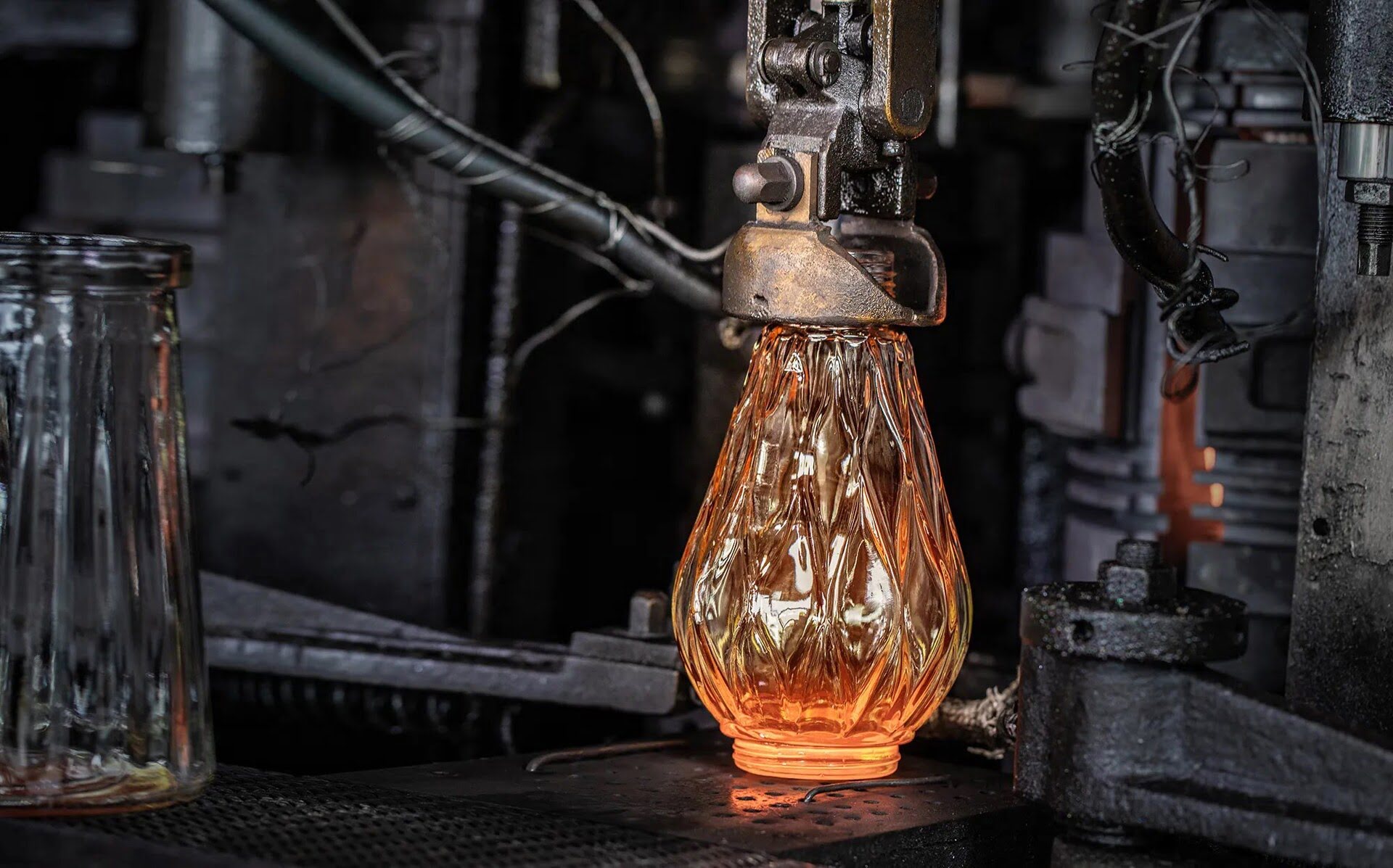
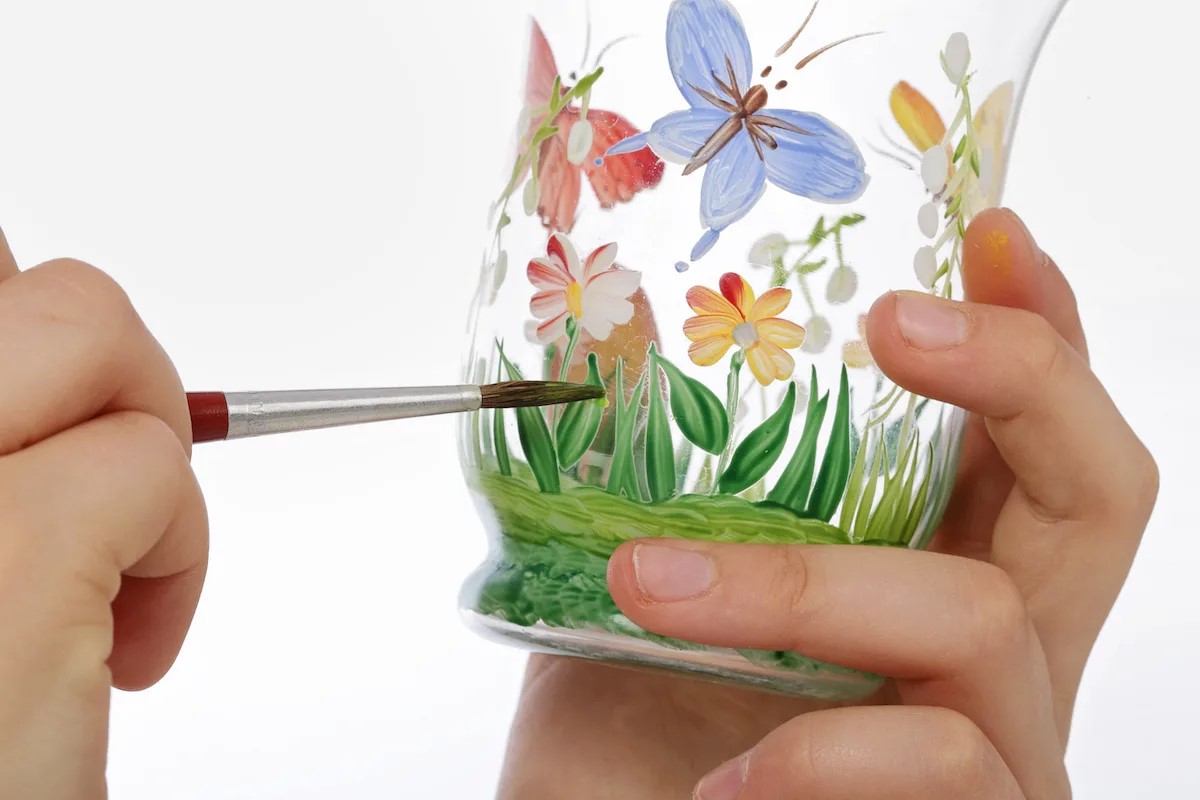
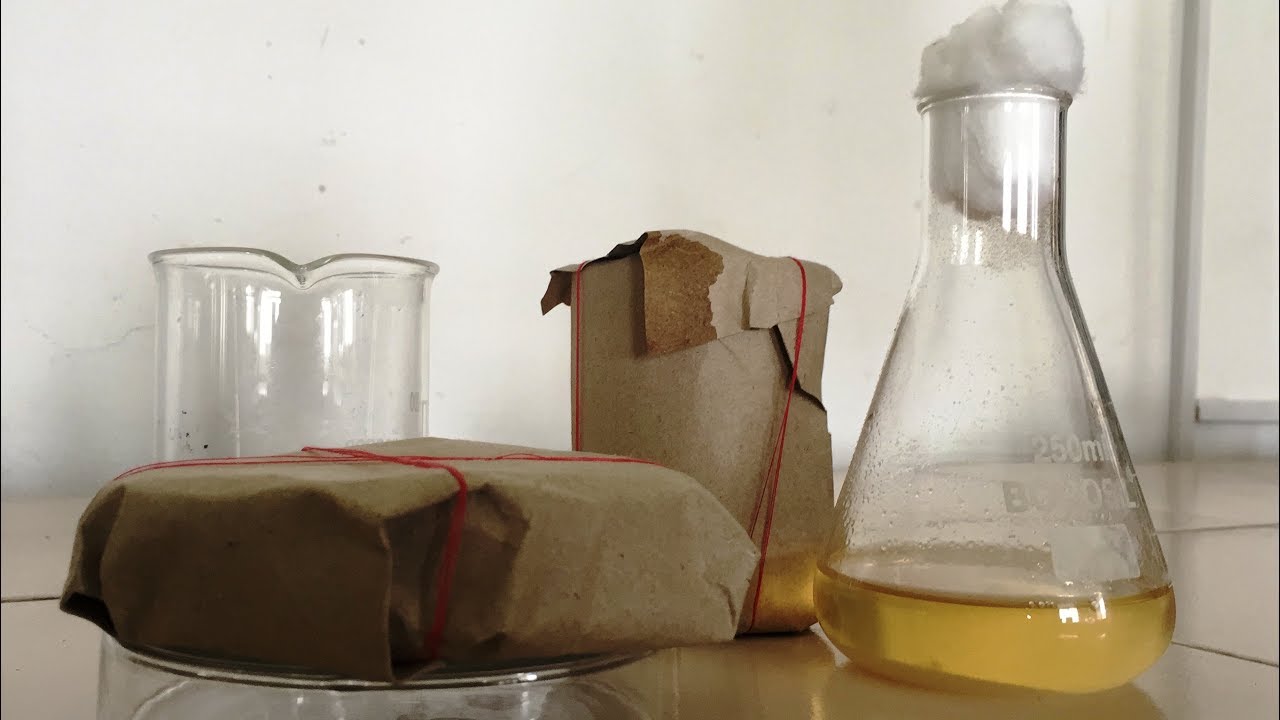

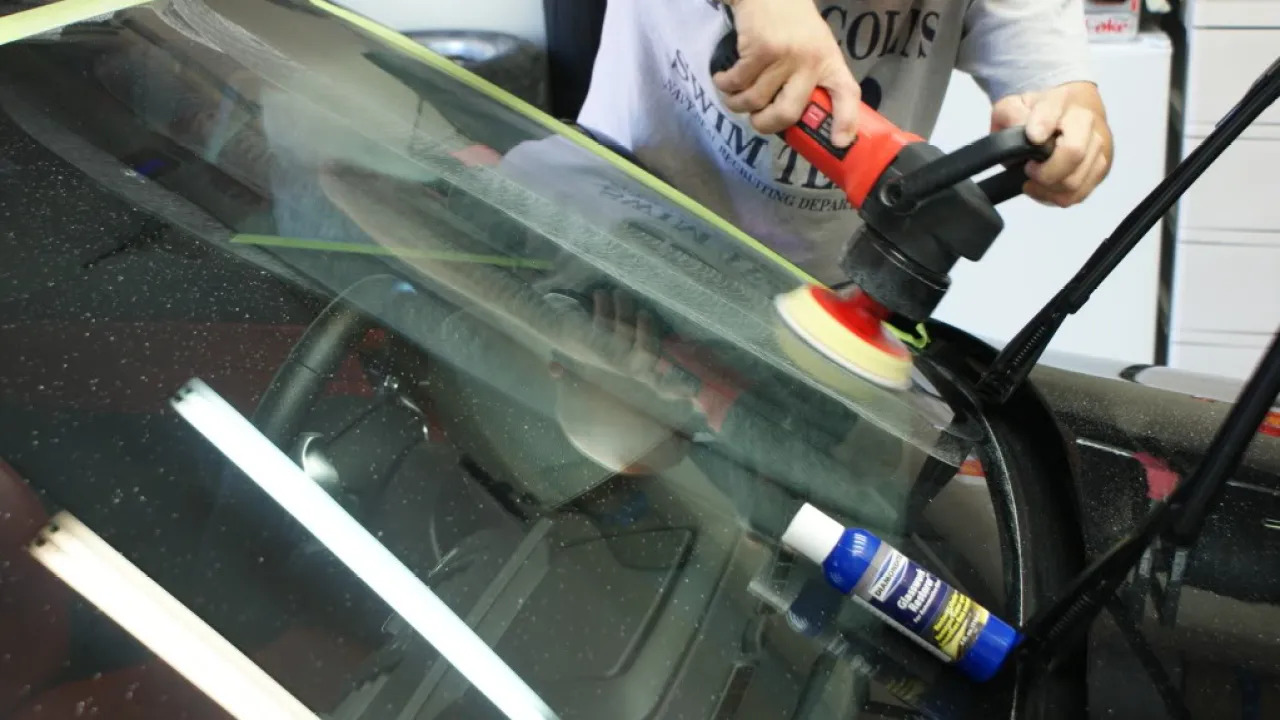
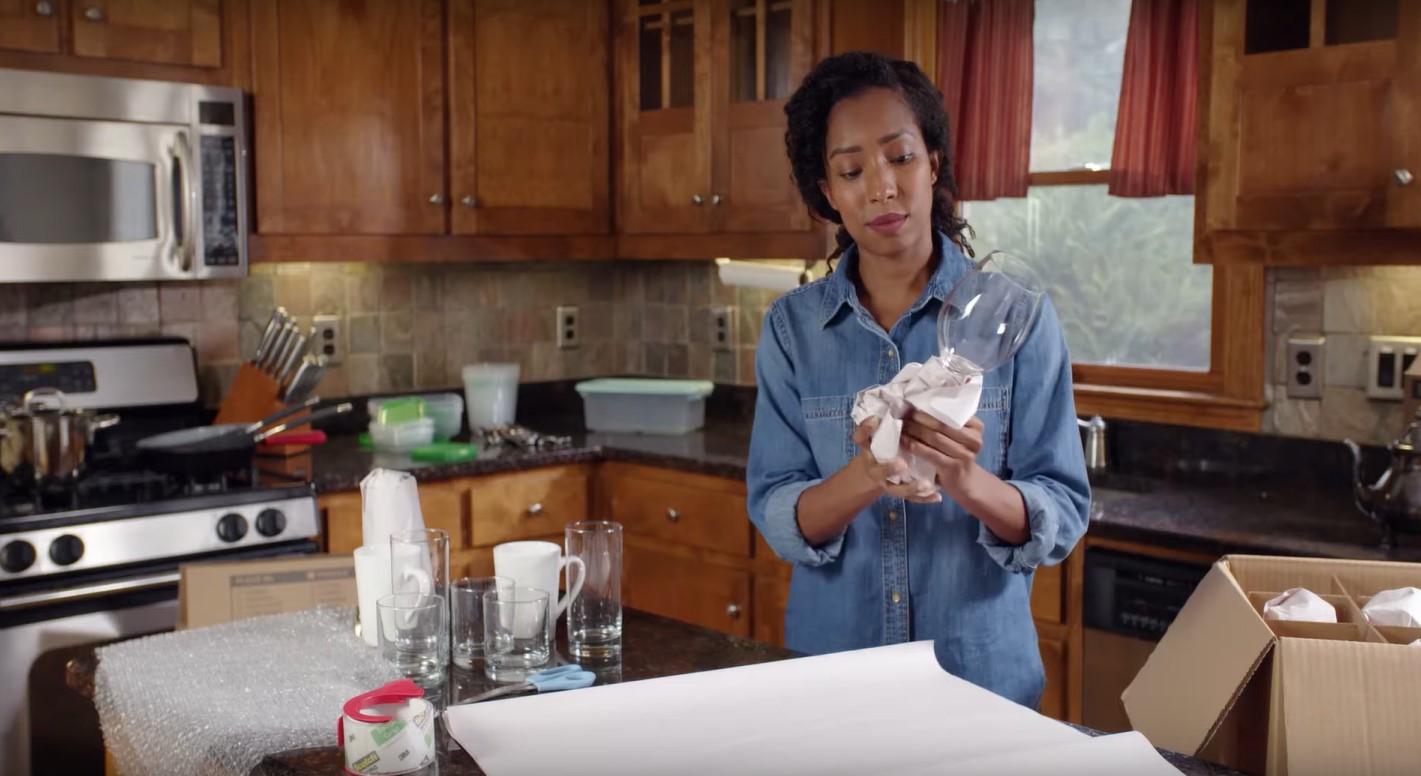
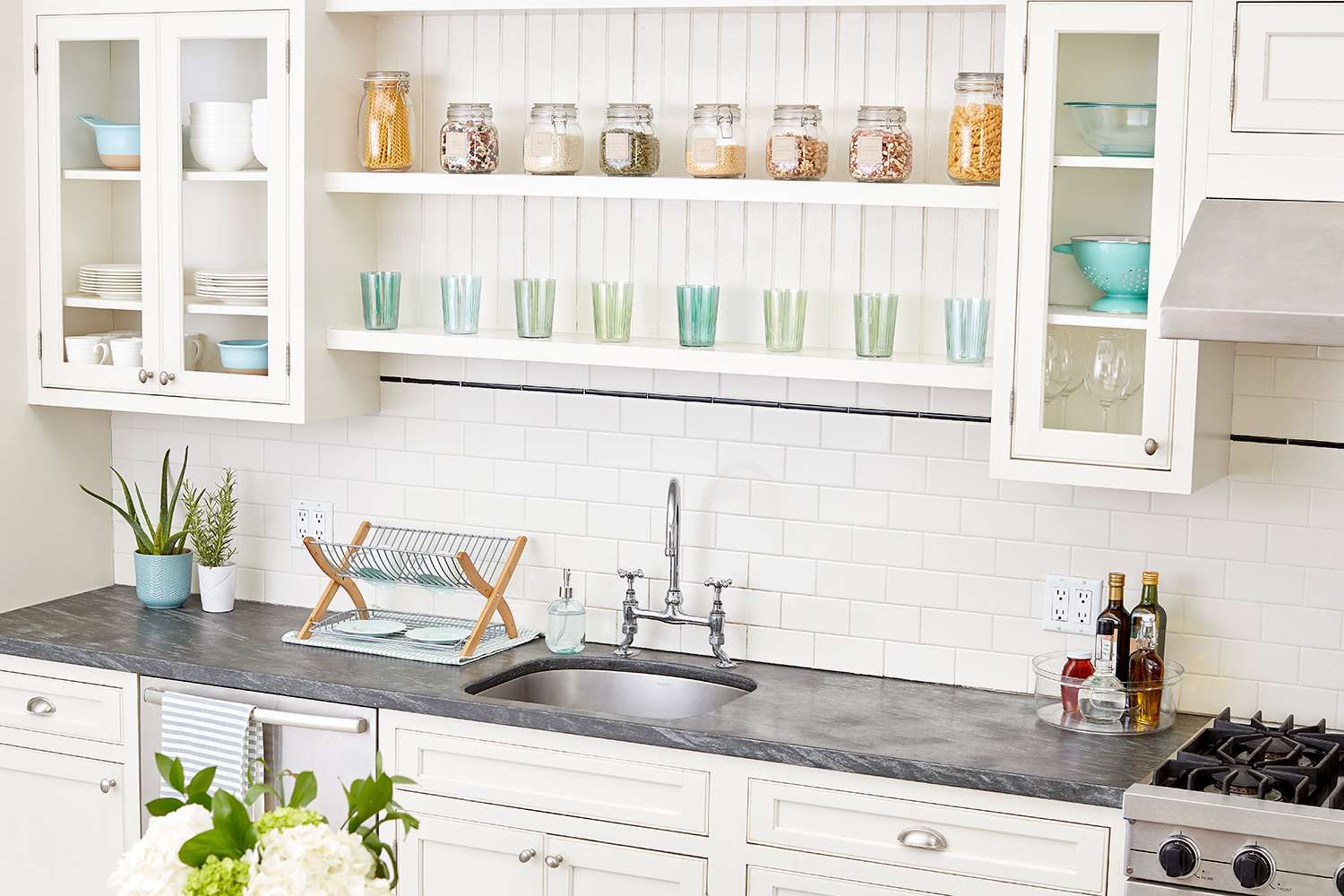
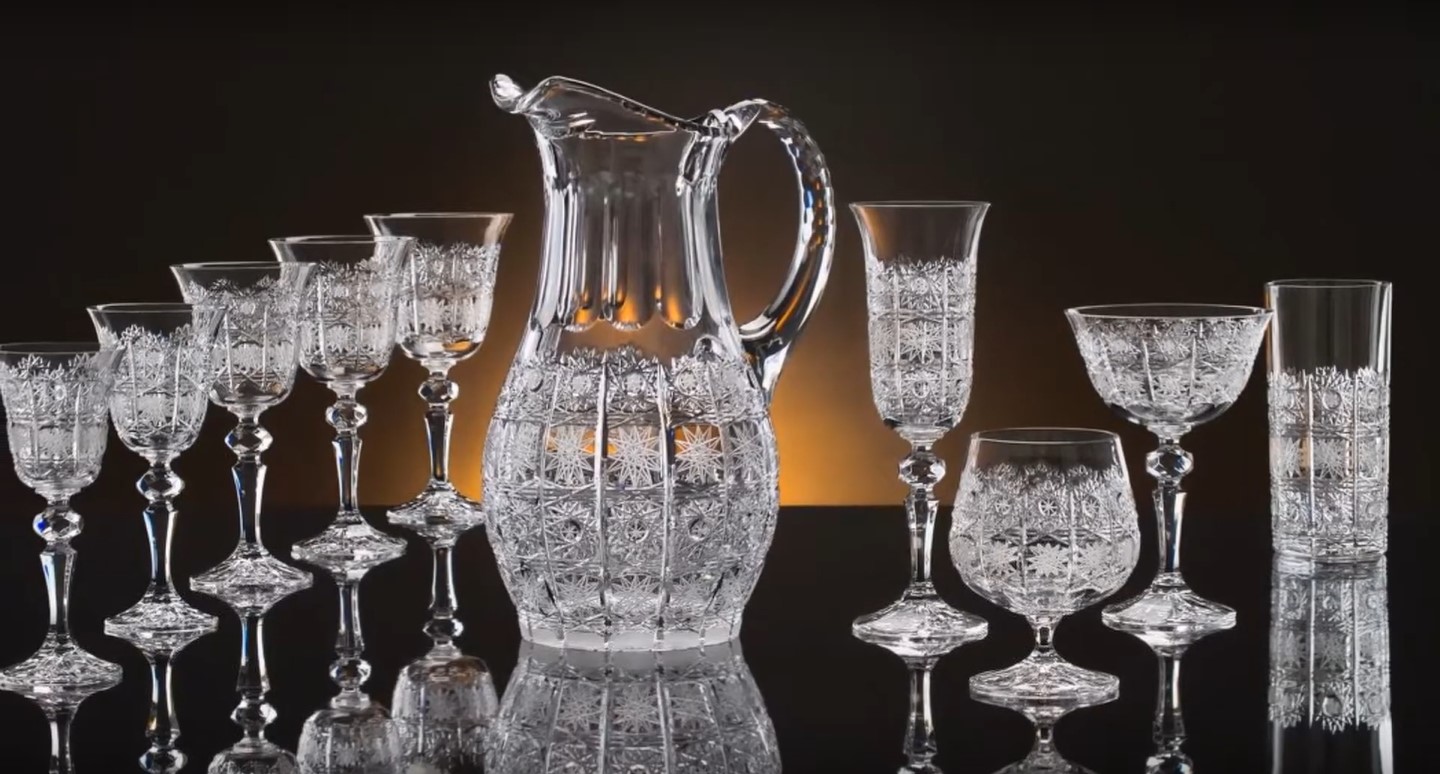
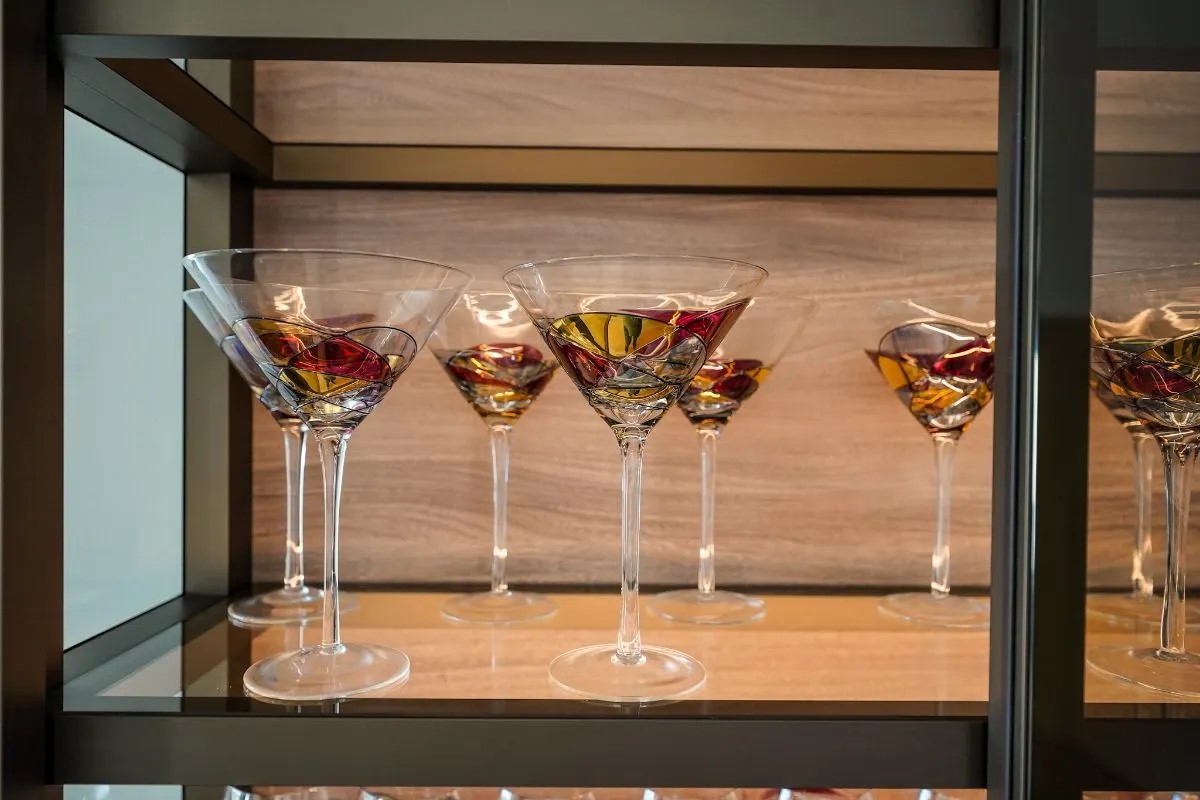
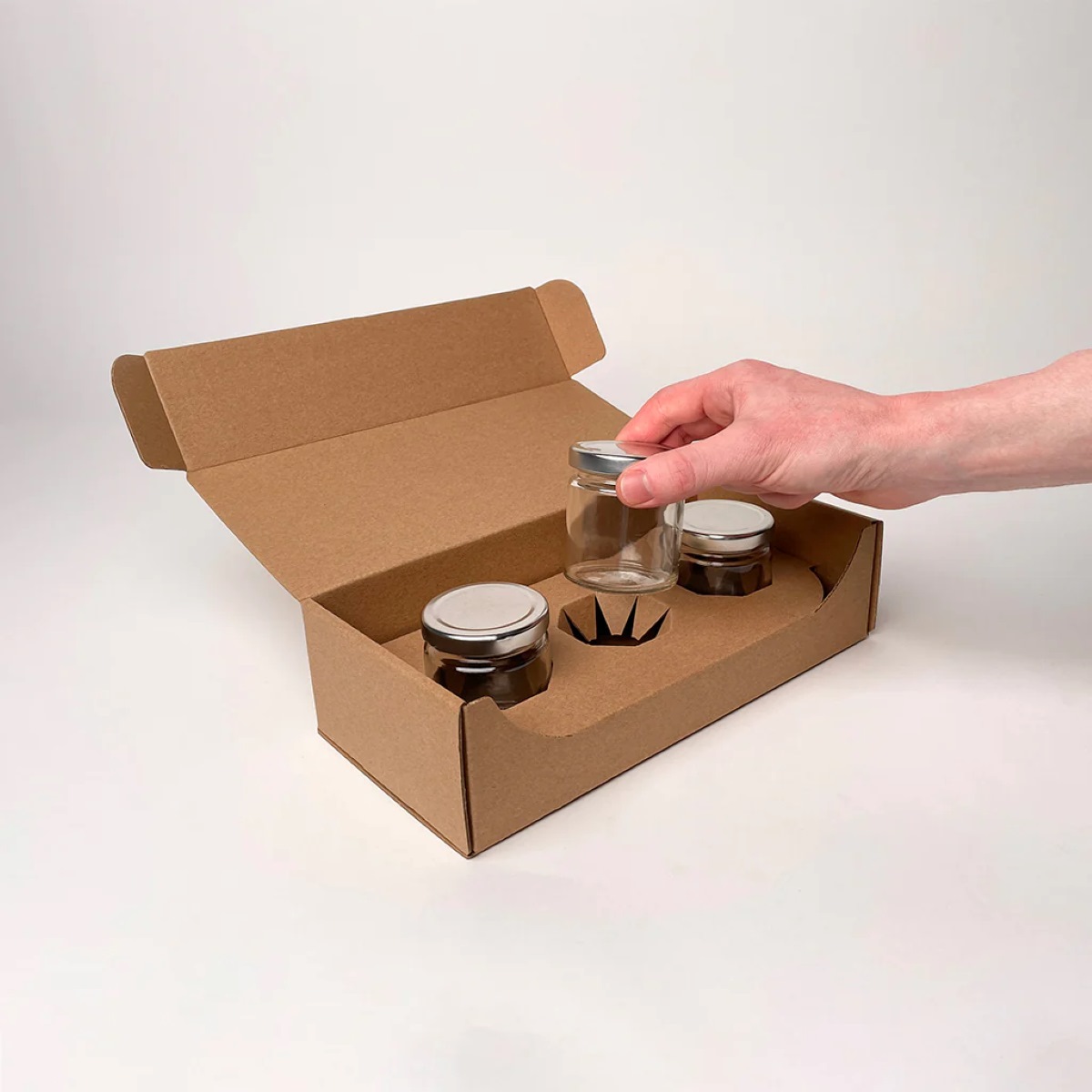
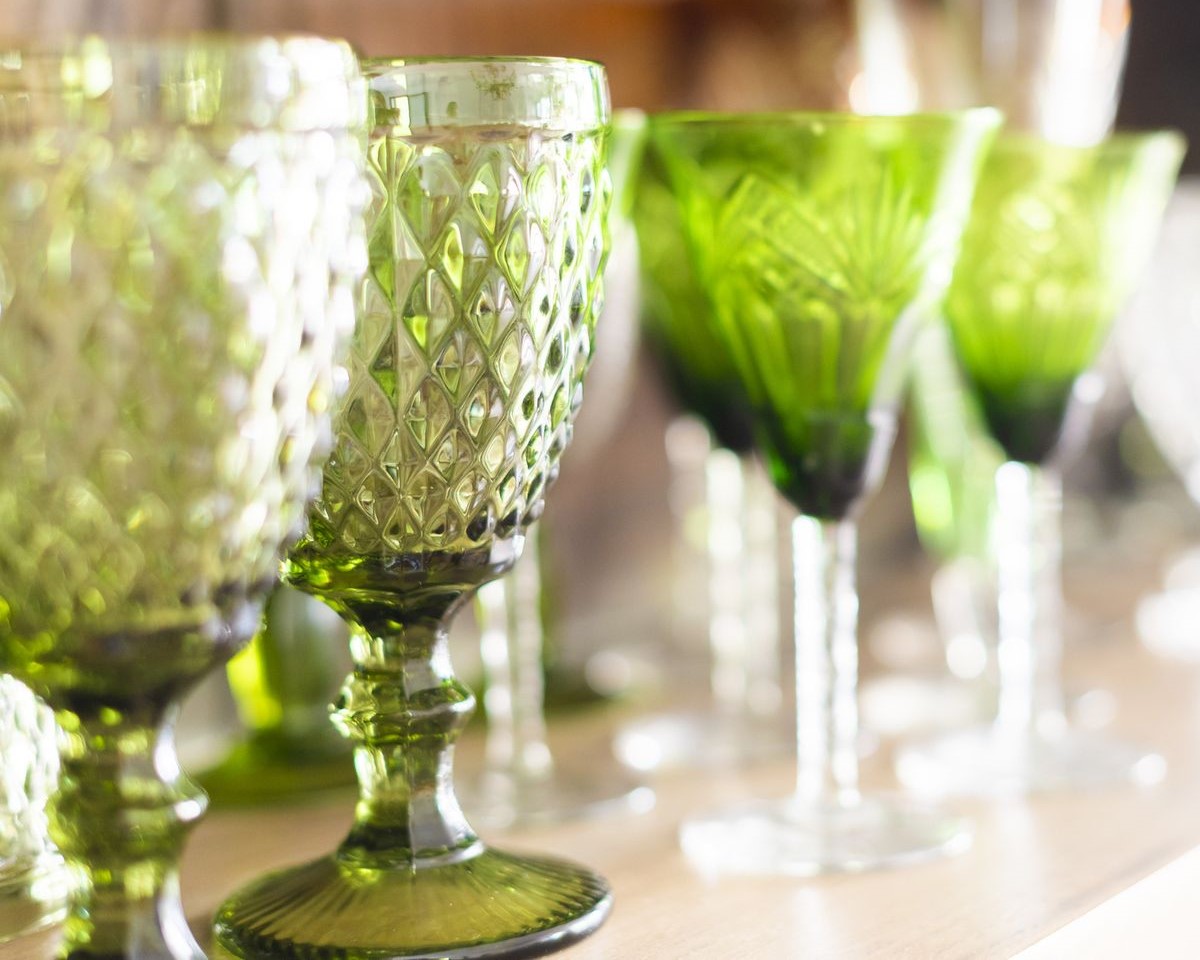
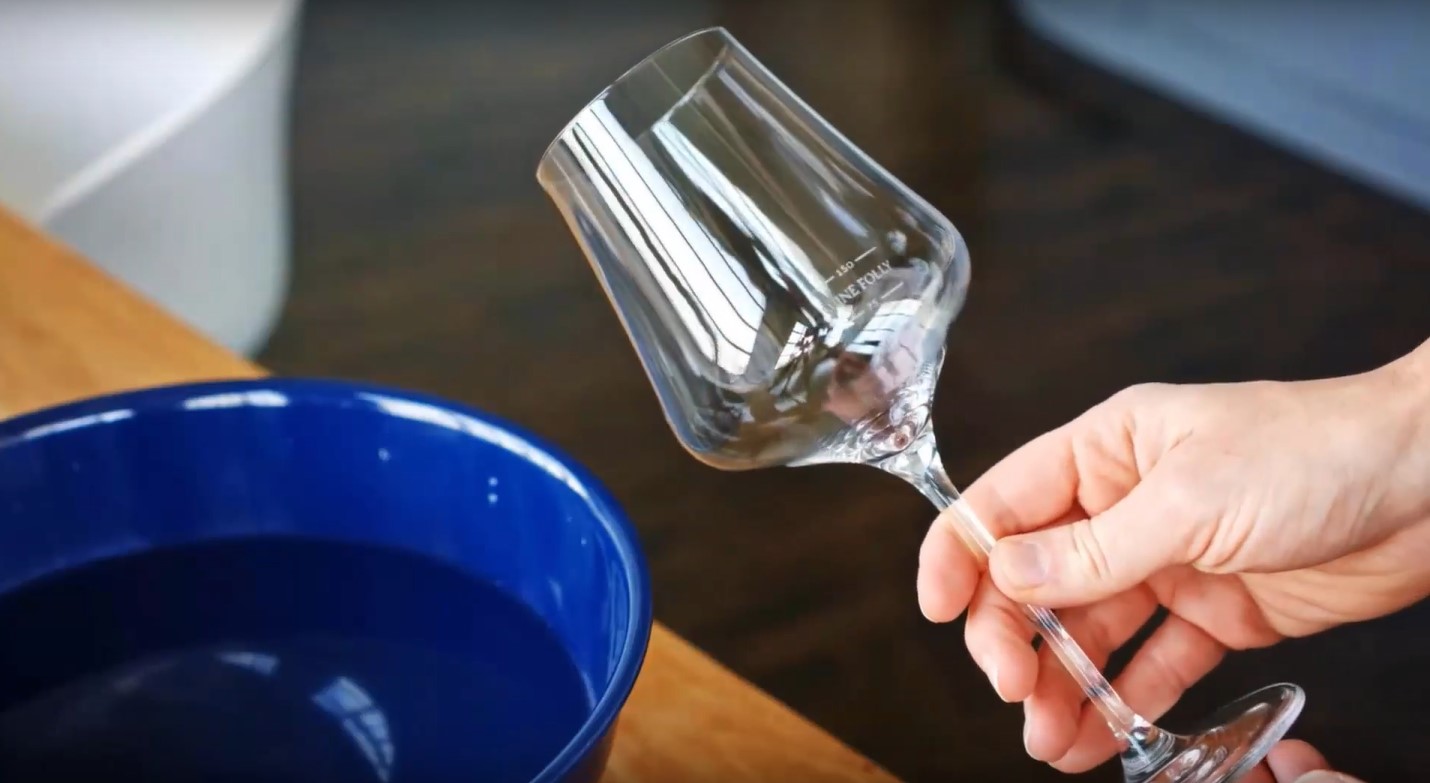

0 thoughts on “How To Polish Glassware”